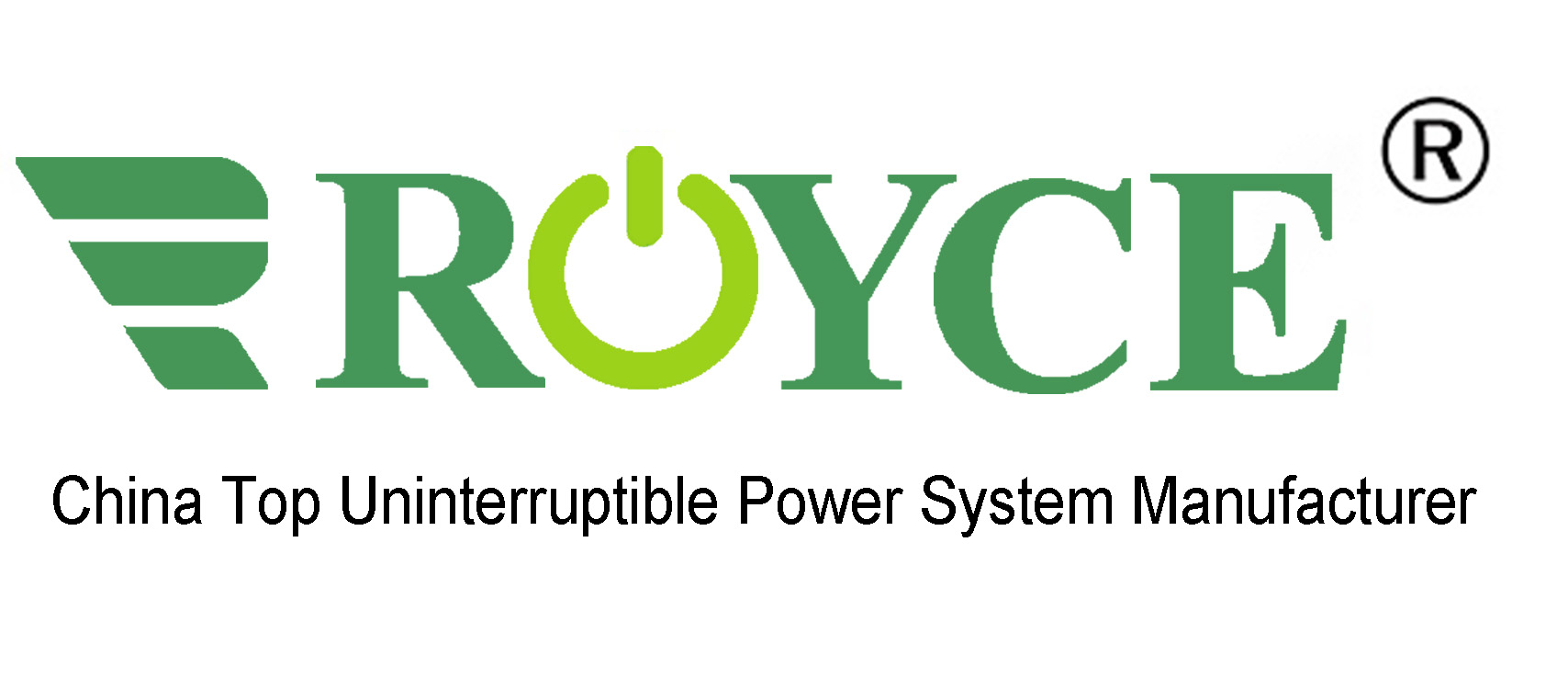Key Considerations When Purchasing UPS in the Modern Market
In the fast-paced and technology-driven world we inhabit, the demand for reliable power solutions has become increasingly critical. Uninterruptible Power Supplies (UPS) play a pivotal role in safeguarding sensitive electronic equipment from power disruptions, ensuring seamless operations and data protection. As industry professionals, it is crucial to understand the key factors that customers prioritize when making decisions about UPS purchases.

- Capacity and Load Requirements
Customers often begin their search by assessing their specific power needs. The capacity of a UPS, measured in watts (W) or volt-amperes (VA), must align with the load it will support.
- Technology and Topologies
The choice between line-interactive, online, or offline UPS configurations is influenced by factors such as the level of protection required and the criticality of the connected equipment. Familiarity with these technologies empowers customers to make informed decisions.
- Battery Runtime and Type
Battery runtime is a key concern for customers, especially in regions prone to frequent power fluctuations. Additionally, understanding battery types, such as lithium-ion or lead-acid, influences the overall UPS performance. Keywords: UPS battery runtime, lithium-ion battery.
- Form Factor and Size
Physical space constraints and the environment where the UPS will be deployed impact the choice of form factor. Rack-mounted or tower UPS units provide flexibility in various scenarios.
- Scalability and Redundancy
Scalability ensures that the UPS can grow with the evolving needs of the customer, while redundancy features enhance system reliability. These factors are critical for businesses anticipating growth.
- Monitoring and Management
Remote monitoring capabilities and advanced management features enable users to proactively monitor UPS status, receive alerts, and perform preventive maintenance.
- Efficiency and Eco-Friendly Solutions
Energy efficiency is a growing concern. Customers often seek UPS solutions with high efficiency ratings to minimize energy consumption and operational costs. Eco-friendly features, such as energy-saving modes, are gaining importance.
- Compliance and Standards
Adherence to industry standards and certifications, such as IEC, EN, or UL, assures customers of the UPS's quality, safety, and reliability.
Conclusion
By comprehensively understanding these key factors, customers can make informed decisions when purchasing UPS solutions. As industry professionals, staying informed about the evolving landscape of UPS technology positions us to provide valuable guidance and support to our clients.
For further inquiries or information on our UPS solutions, please contact ROYCE energy at sales@royce-energy.com. Visit us: www.royce-energy.com
Follow ROYCE ENERGY Chanel




